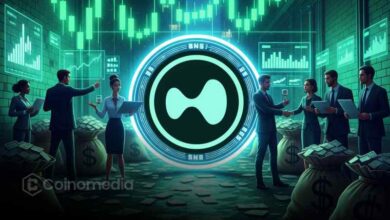Google Adds Prediction Market Data to Search Results
Google will now show live prediction market data from Polymarket and Kalshi directly in search results.

- Google integrates Polymarket and Kalshi data into search.
- Users can view real-time predictions on major topics.
- Signals growing acceptance of decentralized prediction markets.
In a groundbreaking update, Google has begun displaying real-time prediction market data from platforms like Polymarket and Kalshi directly in its search results. This means users can now instantly see what the crowd thinks about future events — from political races to economic outcomes — without leaving the search page.
This integration signals a major step toward the mainstream recognition of prediction markets as reliable tools for gauging public sentiment and forecasting events. Polymarket, known for its crypto-powered, decentralized markets, and Kalshi, a CFTC-regulated U.S. platform, offer insights based on real-money stakes.
What This Means for Users and the Industry
By bringing prediction market data to the forefront, Google is bridging the gap between information search and future forecasting. When users search for a topic like “2024 U.S. election winner” or “Will the Fed raise interest rates?”, they’ll now be met with live data showing how much confidence the market has in different outcomes.
This update may also boost the visibility and credibility of these platforms, drawing in new users and potentially encouraging more mainstream adoption of blockchain-based forecasting tools.
For Polymarket especially, this could help position decentralized prediction markets as a trusted alternative to traditional polling, especially in a time when public confidence in conventional data sources is waning.
Why It Matters for Crypto and Web3
Google’s move highlights a subtle but powerful shift — Web3 platforms like Polymarket are starting to gain recognition from Web2 giants. With blockchain-based prediction markets now being surfaced alongside conventional information, it showcases how decentralized data can coexist and even enhance the mainstream internet experience.
As more people become familiar with these tools, we might see broader discussions around the value of collective intelligence and the decentralization of information.



